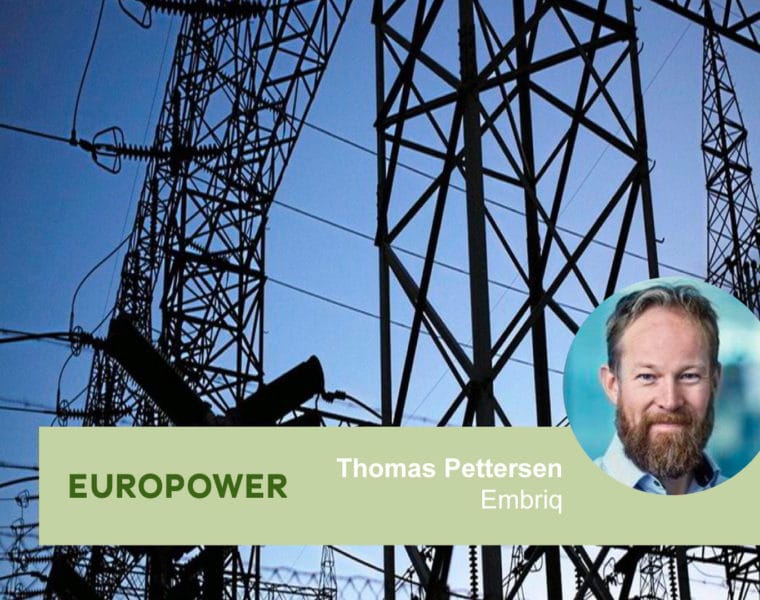Written by: Thomas Pettersen, CEO of Embriq
In the new energy white paper, the Norwegian government sets out its ambitions and priorities for the coming years. The aim is to pursue policies which enable Norway to fulfil its international climate commitments and contribute to increased value creation. This includes creating more jobs.
Not enough of the right expertise
The Norwegian economy is currently seeing strong growth, and we have a responsibility to continue this positive development. However, a shortage of the right expertise represents a major challenge. Many industries are lining up to siphon off labour, including both talented individuals and graduates. This is happening at the same time as there is little spare capacity and unemployment is low. The fact that this also applies to our most important industry – the energy industry – is a major and growing problem.
There are various reasons for this;
Many of the measures to achieve the climate targets involve an increase in the use of technology, alongside the introduction of new ways of working. Expertise that can provide a link between technology and the companies involved is therefore crucial. Today, people train either as an IT engineer or as an electrical power engineer, but this is far from enough. We need dedicated people who can put technology into a business context, but there is still a long way to go before we can talk about meeting our needs as regards expertise
Another significant challenge within the industry is the ever-increasing average age, and with it the inevitable generational shift. It is certainly not my intention to criticise the old guard; they possess invaluable knowledge and experience that remains as vital today as it ever was, but it is crucial that new technology is adopted in the right way. If we are to make full use of all those employees who are fast approaching retirement, comprehensive skills programmes are urgently needed which actually enable users to both apply and exploit the new technical solutions. This also applies to change programmes which clarify the way in which tasks should be performed now compared with previous tasks.
Then there is the never-ending battle over young talented people, not to mention the young women entering the industry. Is the energy industry sexy? Well, increasingly, I would say so, yes, given that many more people than before want to apply their skills to something meaningful. The renewables aspect then becomes highly relevant. Today, the energy industry faces tough competition from industries with higher rates of innovation, larger expertise environments and more development opportunities – yet it is strange that so many people choose not to join the country’s most important industry.
This situation must be resolved. Fast. The pressures on the energy industry have never been greater.
Dedicated funds are needed
Dedicated funds are needed, partly to enable a stronger focus on innovation. There are innovation programmes in place today, but most of these are linked to research and development, which has very long-term objectives, if any. We need innovation which will have a rapid effect, delivering continuous improvement. Funding will also be essential in order to implement these types of projects, and those who will be involved must possess the right expertise.
Education institutions must link technology to industry to a much greater extent than is the case at present. Historically, this has taken a long time. The industry itself must facilitate learning amongst its own employees, ideally together with young new talented people. Management must take the lead as role models too. There are positive effects if you facilitate this; you will for example become a very attractive workplace.
A long-term implementation plan is essential
Much of the energy industry is strictly regulated; at a general level, it can actually appear to be a bit “post-regulated”. I think the solution based on power support is reactive. What would have actually created an impact would have been if this funding had been allocated with the aim of proactive measures, which supported the core of the challenges that we face as regards electrification and energy scarcity.
Better funding and a regulator which facilitates the resolution of long-term challenges (before they become a problem and only spontaneous measures are possible) will make the industry more attractive and enable players to take on more responsibility as regards energy supply in Norway.
A long-term implementation plan will be essential if we are to implement the Green Shift. The responsibility must be set out in advance, including as regards who will play what role.
This article was published on Europower’s website on 9.6.22.
You can read Europower’s article here (this article is in Norwegian)
Looking for new opportunities? Check out jobs at Embriq here.



